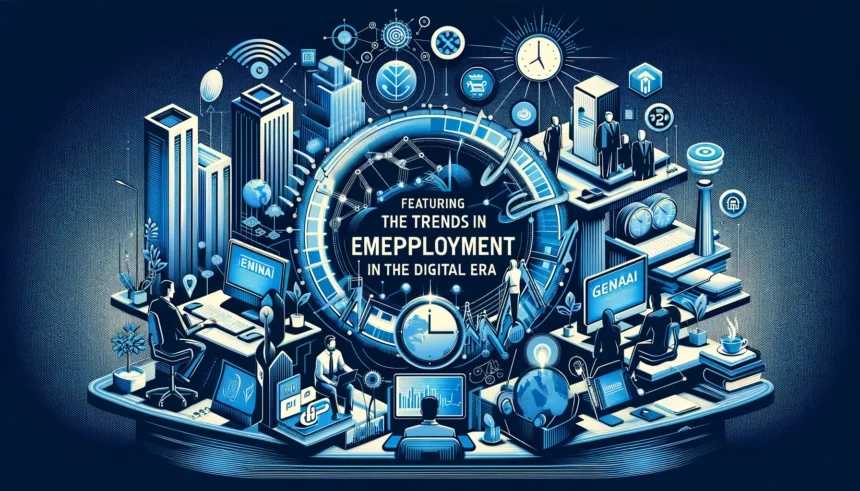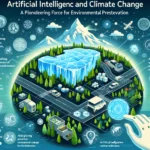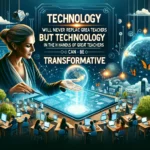`Listen to the article now:
In the fast-paced digital era, the landscape of employment is undergoing a radical transformation, influenced by advancements in technology, changes in employee preferences, and unforeseen global events. This year, as we navigate through these shifts, it becomes imperative for executives to stay agile, ready to iterate and adapt their strategies to harness the potential of Generative AI (GenAI), reconsider work schedules, and reevaluate the criteria for hiring.
Embracing Generative AI in the Workplace
The advent of GenAI is not just a technological leap; it’s a paradigm shift in how work is done. Executives are now tasked with a dual challenge: integrating GenAI into their operations while simultaneously enhancing employee proficiency with these tools. This calls for a collaborative effort with Human Resources (HR) to reassess team roles and workflows, ensuring that investments in GenAI translate into more efficient and effective work processes. As roles evolve, HR departments must pinpoint internal candidates for newly designed positions and revamp hiring strategies. The objective is to identify which technical prerequisites are obsolete and how to evaluate candidates against emerging skill requirements.
The Four-Day Workweek: A New Norm
The concept of a four-day workweek, once considered a radical idea, is gaining traction. Driven by worker preferences and positive outcomes from recent pilots, this model promises enhanced productivity and improved employee well-being. A 2023 Gartner survey highlighted this shift, with 63% of respondents ranking the four-day workweek as a highly desirable job benefit. This shift underscores a growing emphasis on work-life balance and the need for employers to adapt to these changing expectations to attract and retain talent.
The Rise of Skills-Based Hiring
The era of prioritizing college degrees in job applications is giving way to a new trend: skills-based hiring. This approach focuses on the specific skills candidates bring to the table, rather than their educational background. It marks the crumbling of the “paper ceiling” – the barriers faced by talented individuals without degrees. Leading companies, including Google and Delta Airlines, are at the forefront of this movement, removing degree requirements from job listings to tap into a broader talent pool.
Remote Work: The New Normal
The pandemic served as a catalyst for widespread adoption of remote work, a trend that’s poised to persist. Companies discovered the dual benefits of reduced overhead costs and access to a global talent pool, thanks to advancements in remote technology and network infrastructure. This shift towards remote work is not just a temporary adjustment but a fundamental change in the employment landscape, offering both challenges and opportunities for businesses and employees alike.
Looking to the Future
The future of employment is unfolding now, shaped by our responses to recent global events and technological advancements. While it’s difficult to predict exact future trends, the changes induced by the pandemic will undoubtedly influence the workplace for years to come. Smart companies will recognize these trends as opportunities to innovate and thrive in the digital era.
In conclusion, the digital era is reshaping the fabric of employment in profound ways. From the integration of GenAI and the adoption of a four-day workweek to the shift towards skills-based hiring and the normalization of remote work, these trends are defining the future of the workplace. For businesses and employees alike, staying informed and adaptable is key to navigating this evolving landscape successfully.
















